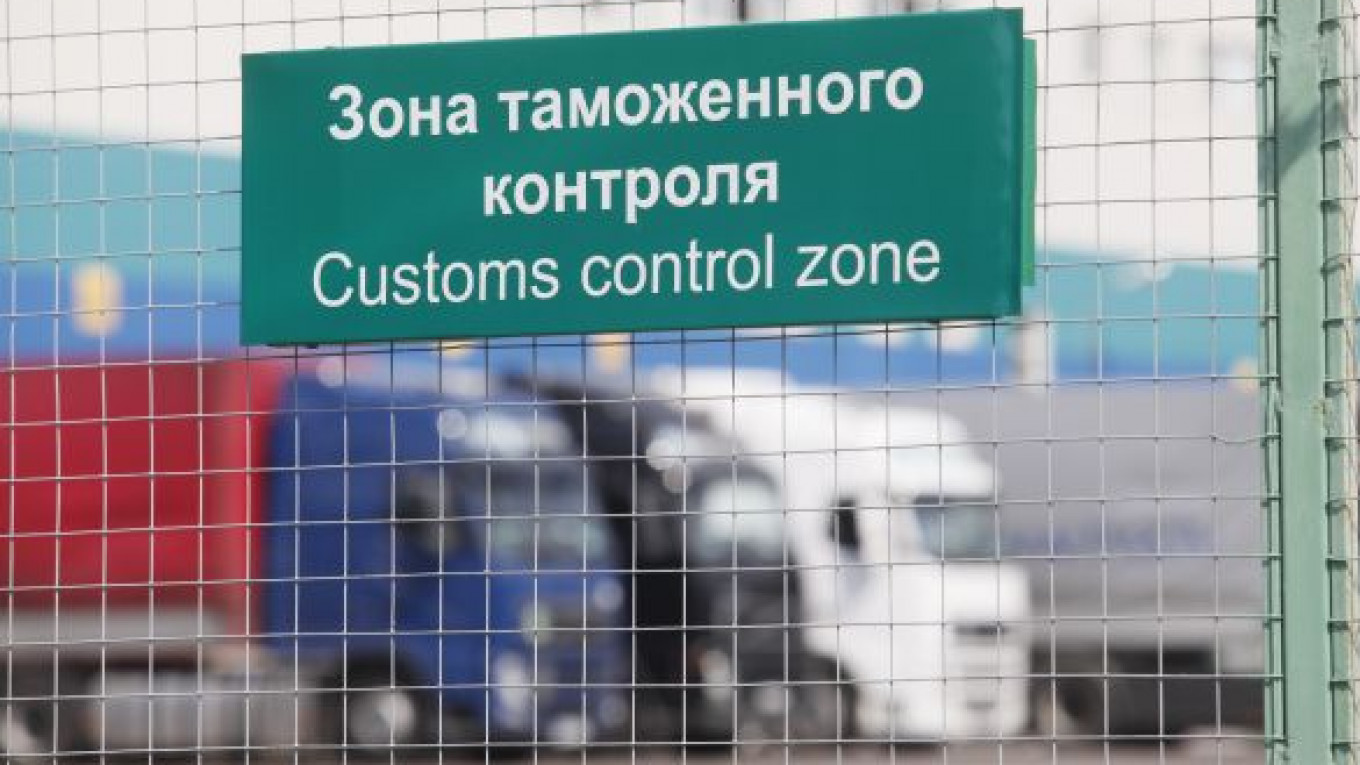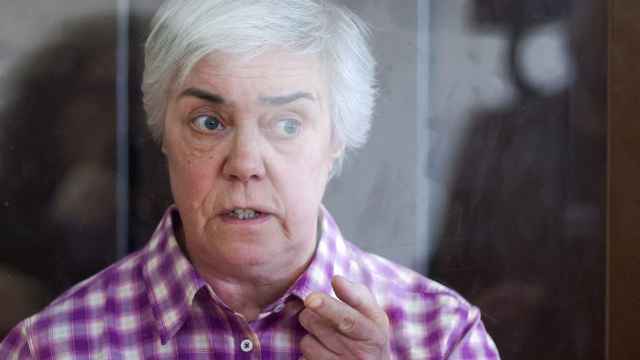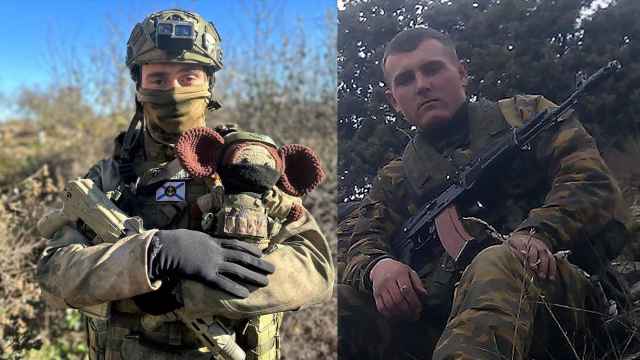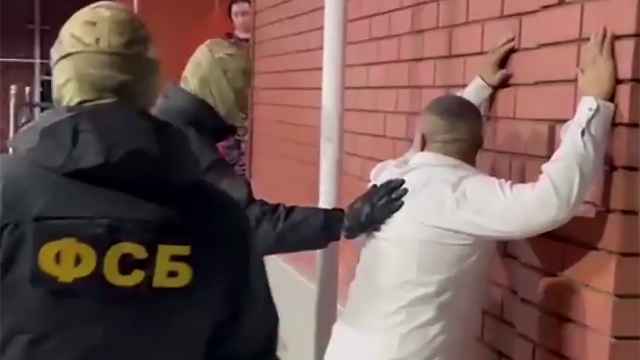The European Commission has called on Russia to stop supplementary border checks on Lithuanian truckers and passenger cars imposed in the last month as the countries spar over trade relations with Ukraine.
Russia and the European Union — of which Lithuania holds the rotating presidency — are each trying to convince Georgia, Moldova and Ukraine to join their respective trade blocs.
Russia last week introduced lengthy extra checks on trucks and goods originating from Lithuania, a former Soviet republic that has a large trucking and warehousing industry due to its strategic location between Russia and the EU.
"In our view, there appears to be no justification for such action by the Russian authorities, which substantially disrupts trade," John Clancy, spokesman for Europe's trade commissioner, Karel De Gucht, said late Tuesday. "In this respect, we expect the Russian authorities to immediately lift such unjustified restrictions."
Russia started subjecting Lithuanian-registered passenger cars to lengthy border checks in August, causing the number of crossings to fall 90 percent.
Lithuania called for European action under World Trade Organization rules in a letter sent to the commission on Tuesday.
"We consider these restrictive measures applied by the Russian Federation absolutely ungrounded, discriminatory and violating commitments of the Russian Federation to the WTO," said the letter signed by Foreign Minister Linas Linkevicius.
Lithuania estimates that its transport firms and traders lose two million euros ($2.7 million) a day due to the extra checks.
Lithuania is spearheading efforts by the EU to sign a free trade deal with Ukraine, as well as initial cooperation agreements with Moldova and Georgia at the Eastern Partnership summit in capital Vilnius in November.
Aleksandras Kondrusevicius, president of the Lithuanian haulers' association, said no trucks loaded in Lithuania had cleared customs in Russia since Thursday morning last week.
A Message from The Moscow Times:
Dear readers,
We are facing unprecedented challenges. Russia's Prosecutor General's Office has designated The Moscow Times as an "undesirable" organization, criminalizing our work and putting our staff at risk of prosecution. This follows our earlier unjust labeling as a "foreign agent."
These actions are direct attempts to silence independent journalism in Russia. The authorities claim our work "discredits the decisions of the Russian leadership." We see things differently: we strive to provide accurate, unbiased reporting on Russia.
We, the journalists of The Moscow Times, refuse to be silenced. But to continue our work, we need your help.
Your support, no matter how small, makes a world of difference. If you can, please support us monthly starting from just $2. It's quick to set up, and every contribution makes a significant impact.
By supporting The Moscow Times, you're defending open, independent journalism in the face of repression. Thank you for standing with us.
Remind me later.






